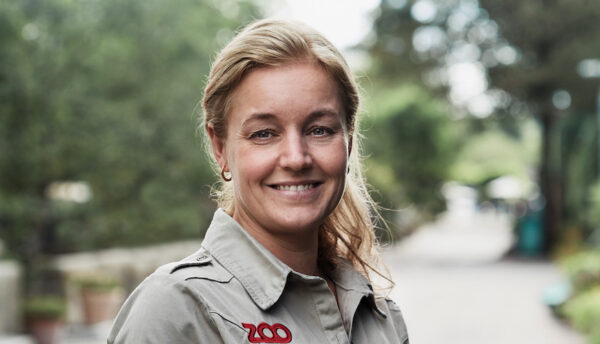Christina Hvilsom is Geneticist at Copenhagen Zoo, leading the Zoo’s genetics lab with particular interest in conservation and population genomics. In this, she employs advanced analyses and statistical framework to analyse small to large scale datasets. Her research focus has been aimed at evolution, demography, adaptation, selection and conservation of the great apes, as well as other species.
Christina chairs the Biobank under the European Association of Zoos and Aquaria (EAZA), which services more than 400 zoos and aquaria in Europe and the Middle East. The core focus of the EAZA Biobank is on population management and conservation research, with the collection empowering the use of molecular genetic data for use in guiding management, health and welfare practices for collections and species conservation.
Lastly, Christina holds several advisory positions and is a member of the IUCN Conservation Genetics Specialist Group.
Talk title: Zoos in Science and science in zoos
Abstract: An increasing number of species undergoes drastic reductions in population sizes, potentially leading to rapid loss of genetic diversity and threat of extinction in the wild. The crux of modern zoo and aquarium work is species conservation. One of the ways to fulfil this role, is through the cooperative zoo species conservation management programmes. To safeguard healthy self-sustained populations that resembles and serves as insurance populations their wild counterparts, the programmes rely on intensive demographic and genetic management for their success. In recent years, technological advances, along with decreased costs, have made molecular tools more readily available to zoo and conservation communities alike, creating additional research and management opportunities. By using our closest living relative, the endangered chimpanzee, I will illustrate how a pertinent zoo management question evolved into a holistic approach to species conservation, encompassing genetic maps of both the wild and zoo populations, entangling the demographic history of the species, combatting the illegal trade in endangered species, while concurrently exploring fundamental scientific questions.
